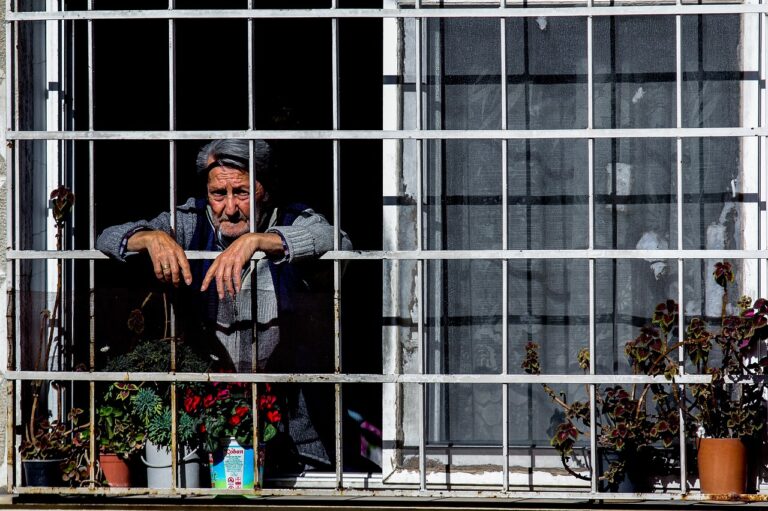The Future of Cultural Heritage Documentaries: Laser247 com login id and password, Lotus 365.vip, Sky 247 login
laser247 com login id and password, lotus 365.vip, sky 247 login: The future of cultural heritage documentaries is an exciting one, with new technologies and storytelling techniques shaping the way we document and preserve our rich history. From ancient civilizations to modern-day traditions, cultural heritage documentaries play a vital role in educating, inspiring, and connecting people from all walks of life. As we look ahead to the future, we can expect to see a number of key trends that will continue to shape the world of cultural heritage documentaries.
1. Virtual Reality and Augmented Reality
One of the most exciting developments in the world of cultural heritage documentaries is the use of virtual reality (VR) and augmented reality (AR) technology. These immersive technologies allow viewers to step inside the world of cultural heritage sites, museums, and exhibitions, providing a truly unique and engaging experience. As VR and AR continue to evolve, we can expect to see even more innovative ways to explore and interact with our cultural heritage.
2. Interactive Storytelling
Gone are the days of passive viewing the future of cultural heritage documentaries lies in interactive storytelling. By incorporating elements such as choose-your-own-adventure narratives, branching storylines, and interactive features, filmmakers can engage viewers in a whole new way. This not only enhances the viewing experience but also allows for a more personalized and immersive exploration of cultural heritage.
3. Artificial Intelligence
Artificial intelligence (AI) is revolutionizing the way we create and consume content, and cultural heritage documentaries are no exception. AI can help researchers uncover new insights, analyze historical data, and enhance the storytelling process. From automated transcription services to predictive analytics, AI is playing a key role in shaping the future of cultural heritage documentaries.
4. Diversity and Inclusivity
In recent years, there has been a growing recognition of the importance of diversity and inclusivity in cultural heritage documentaries. Filmmakers are now more conscious than ever about representing a wide range of perspectives, voices, and experiences in their work. This trend is expected to continue, with a greater emphasis on telling the untold stories and amplifying marginalized voices.
5. Sustainability and Preservation
Preserving our cultural heritage for future generations is essential, and filmmakers are increasingly focusing on sustainable practices and preservation techniques. From using eco-friendly production methods to digitizing artifacts and historical documents, there is a strong emphasis on ensuring that our heritage is protected and accessible for years to come.
6. Collaborative Partnerships
The future of cultural heritage documentaries is also marked by collaborative partnerships between filmmakers, cultural institutions, technology companies, and communities. By working together, these stakeholders can pool their resources, expertise, and creativity to create impactful and meaningful documentaries that resonate with audiences worldwide.
FAQs
Q: How can I access cultural heritage documentaries?
A: Cultural heritage documentaries are available on streaming platforms, online archives, museums, and cultural institutions. You can also find them on DVD or Blu-ray, or attend screenings and film festivals dedicated to cultural heritage.
Q: Are there any upcoming cultural heritage documentaries to look out for?
A: Yes, there are always new documentaries being produced on various aspects of cultural heritage. Keep an eye on film festivals, streaming platforms, and cultural institutions for upcoming releases.
Q: How can I support the preservation of cultural heritage?
A: You can support the preservation of cultural heritage by visiting museums, heritage sites, and exhibitions, donating to cultural institutions, volunteering your time and skills, and advocating for policies that protect and promote cultural heritage.
In conclusion, the future of cultural heritage documentaries is bright, with advancements in technology, storytelling, diversity, sustainability, and collaboration shaping the way we document and preserve our shared history. By embracing these trends and innovations, filmmakers can continue to educate, inspire, and connect audiences around the world. Together, we can ensure that our cultural heritage remains a vibrant and vital part of our collective identity for generations to come.







